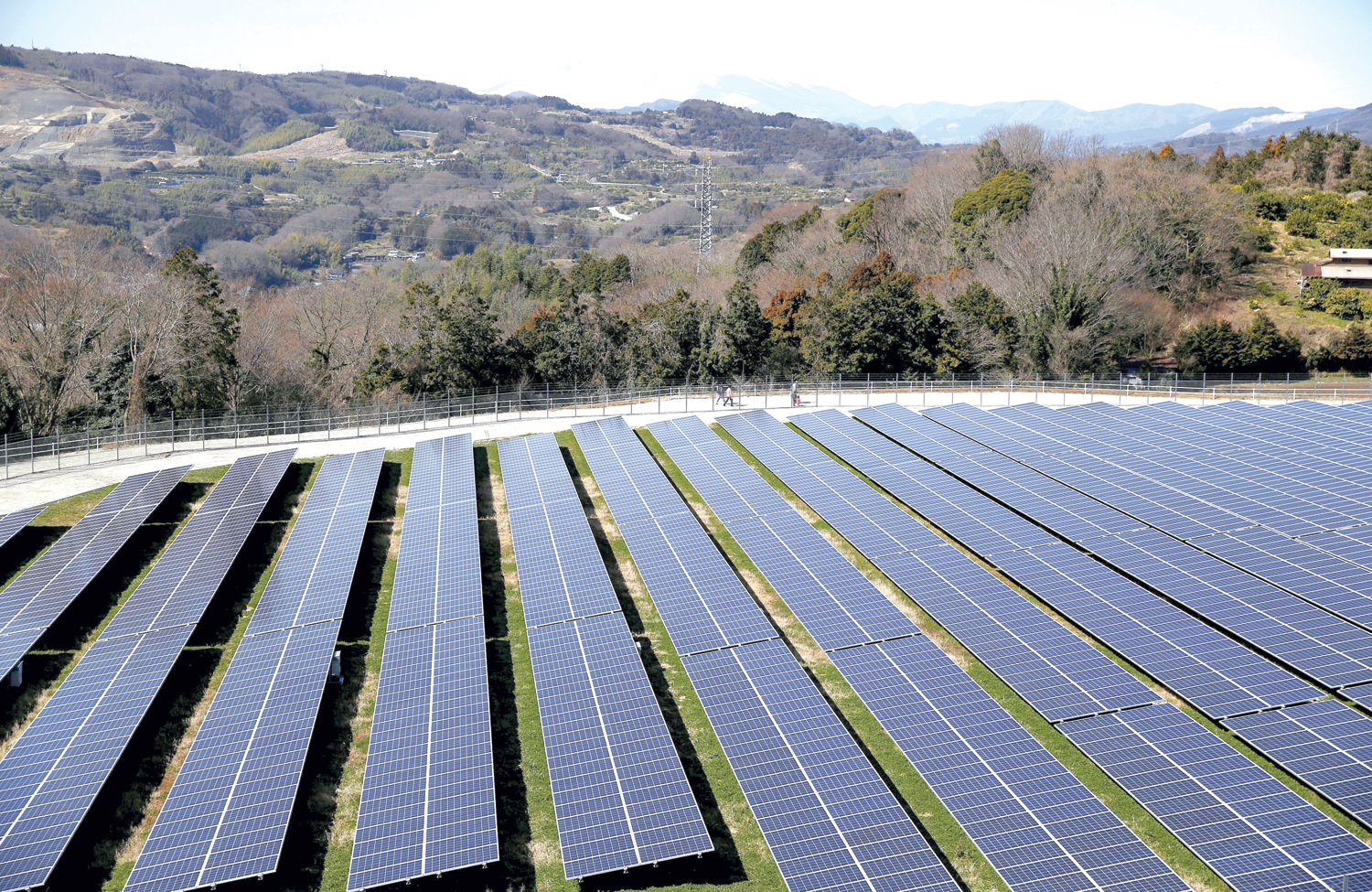

TOKYO: The Japanese government is threatening to cut existing solar power project subsidies angering the power producers and investors that say the cuts will undermine their profitability and violate earlier agreements. The Ministry of Economy, Trade and Industry (METI) last month proposed that companies granted permits for solar projects between the fiscal years of 2012 to 2014 under so-called Feed-In-Tariffs that guarantee minimum power prices submit applications by March 2019 to connect to the grid. Companies that miss the deadline will see their price guarantees under the tariffs of 32 to 40 yen ($0.28 to $0.36) per kilowatt hour (kwh) cut to 21 yen per kwh. Public comments for the proposal are due by Wednesday.
Japan introduced the FIT to spur solar developments to fill the power gap after the country closed its nuclear power plants following the 2011 Fukushima disaster. Japan’s FIT levels are among the highest in the world, compared to $0.19 per kWh in Germany and at least as much as those in Spain. METI has said the cuts are necessary to reduce the public burden of the FIT subsidies, which are added to consumers bills. At the same time, METI is likely unhappy with the amount of unfilled permits. Data from the ministry shows 23 per cent of the total capacity approved in fiscal year 2012 is not operating, with 49 per cent approved in 2013 and 59 per cent approved in 2014 also not operating.
Investors and operators in solar projects are angry with the proposals, threatening lawsuits against the government for breaching the earlier contracts. A similar decision by Spain in 2013 led to compensation payments to investors.
“Litigation will inevitably ensue from Japan and abroad, and it will be difficult to convince the public that there is no risk of the government losing when the proposed changes so blatantly disregard the foundations of the FIT scheme,” according to a note to clients from law firm Orrick. Orrick confirmed the authenticity of the document.
METI estimates show the subsidy cut could affect 23.5 gigawatts (GW) of solar capacity, or nearly 44 per cent of the amount the government approved in the three-year period after the FIT scheme was created in 2012.
Japan’s total installed power capacity is around 250 GW, with 44 GW coming from solar.
“The suddenness of the proposal, its almost immediate implementation, and ambiguity around implementation could put future and existing investments at risk,” said a group of business lobbying groups in Japan from the United States, Europe, Australia, New Zealand and Canada in a statement on Friday.
The changes could also “undermine market participants’ confidence in the security, stability, and predictability of Japanese market rules,” the groups said.
Beyond Japanese investors, BlackRock and Goldman Sachs group’s Japan Renewable Energy are among the biggest investors in the solar sector in Japan.
An official from a Japanese renewable power producer that submitted comments to Ministry of Economy, Trade and Industry said some companies and operators with bad intent have deliberately delayed projects. — Reuters
Oman Observer is now on the WhatsApp channel. Click here



